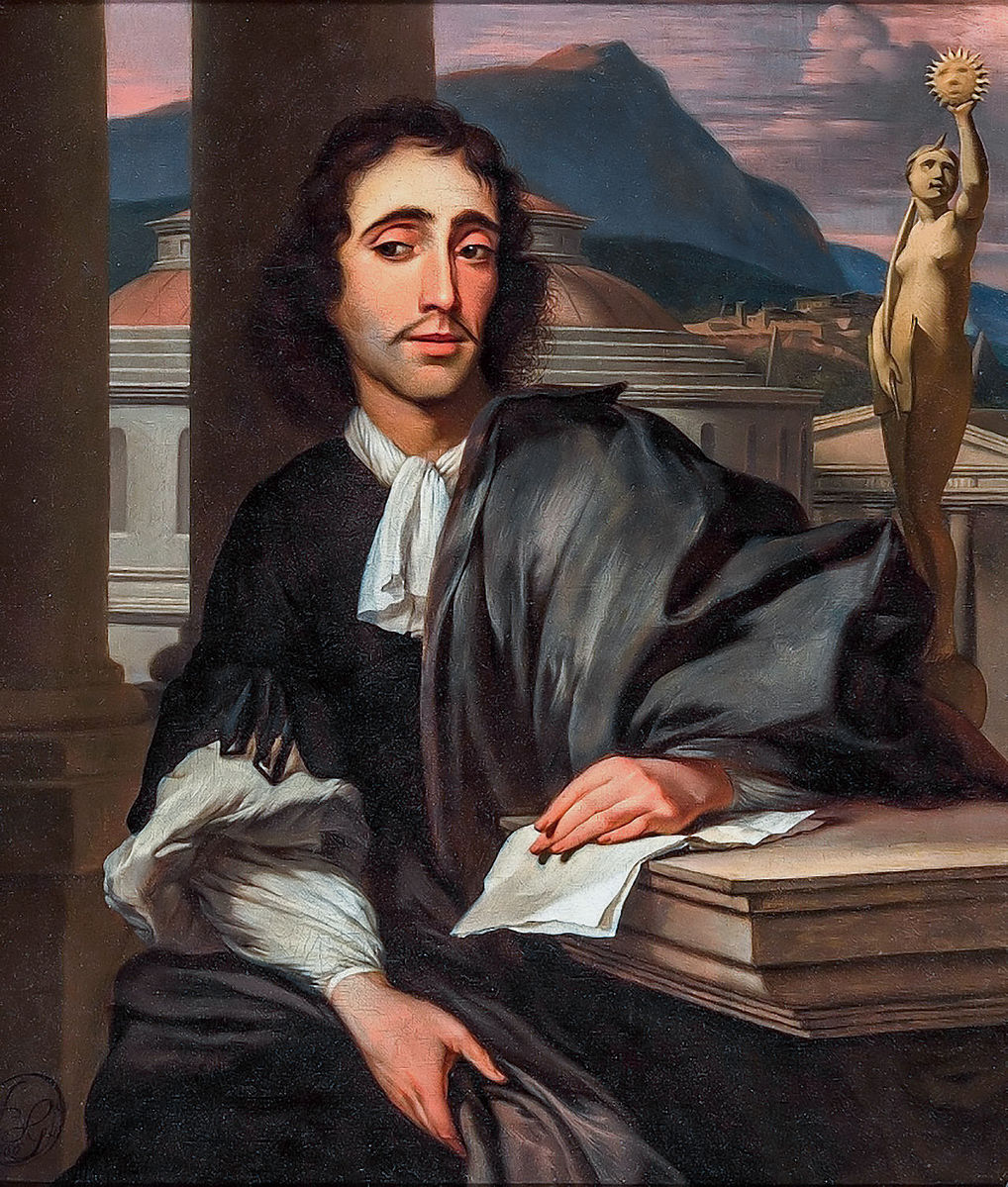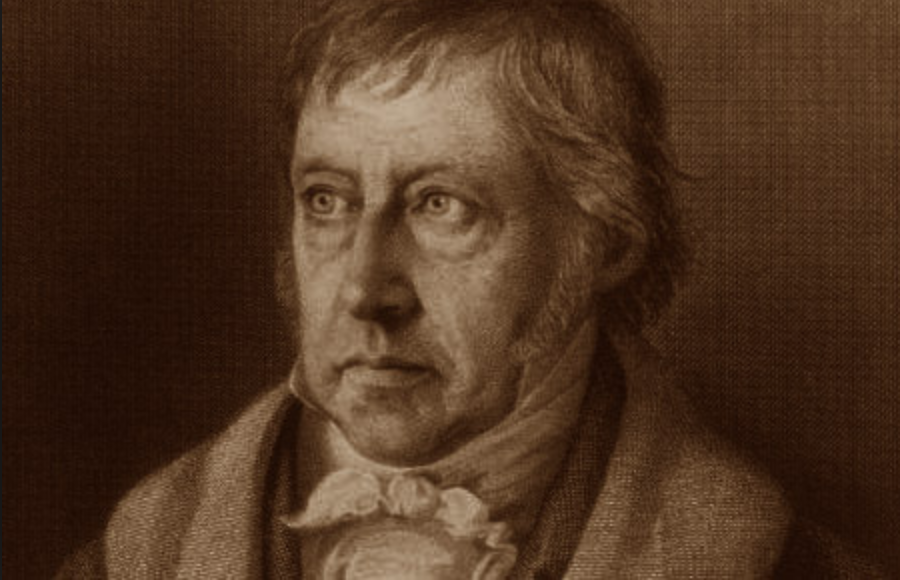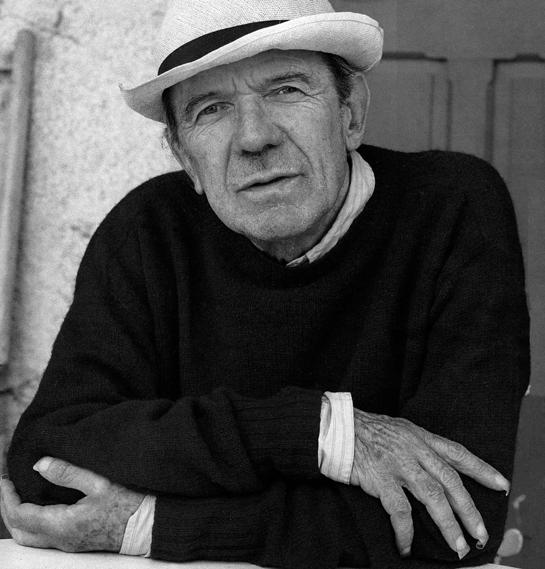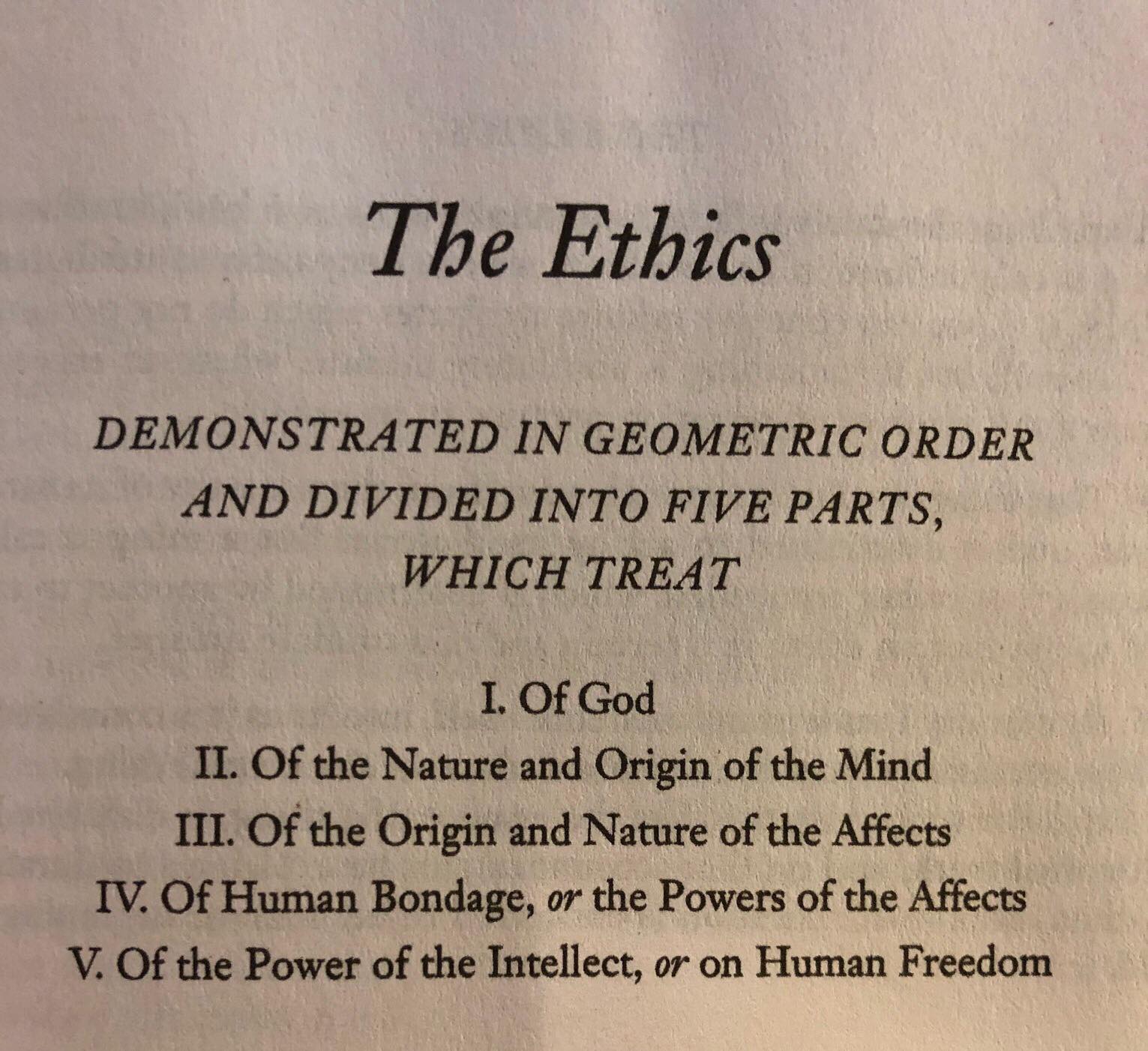AustLit
-
Editor's note: This digital portfolio was completed by Ryan Morgan-Kleinman for PHIL2013 and published by Cirrus as an example of superlative student work.
-
A Dutch Sephardi Jew whose family were originally from Portugal, Baruch Spinoza was an enormously controversial rationalist philosopher of the 17th century who questioned the nature of God and of reality itself. Born in 1632, Spinoza lived a quiet, studious, and respectful life despite the enormous opposition and vehement ridicule of many of his views from his contemporaries, both Christian and Jewish.
The immensity of Spinoza’s influence today and throughout modern-enlightenment philosophy seems to contradict this controversy, however. How could a man so universally shunned in his own time go on to exert such an impact on philosophy? In this examination of Spinoza, I will show his views on metaphysics, epistemology, and ethics, showing how all three areas are intrinsically linked and form the totality of Spinoza’s world-view.
In the proceeding sections, I will explain the various aspects of Spinoza's theories while locating them in context philosophically by comparing and contrasting them with the ideas and beliefs of other philosophers.
-
German rationalist Georg Wilhelm Friedrich Hegel, who disagreed with Spinoza on many points, said that ‘The fact is that Spinoza is made a testing-point in modern philosophy, so that it may really be said: You are either a Spinozist or not a philosopher at all’ (Duquette 2003:172)
-
How could a man so universally shunned in his own time go on to exert such an impact on philosophy? In this examination of Spinoza, I will outline his views on metaphysics, epistemology, and ethics, showing how all three areas are intrinsically linked and form the totality of Spinoza’s world-view. I will locate Spinoza’s theories in philosophical context by comparing and contrasting them with the ideas and beliefs of other contemporary philosophers. Ultimately, I will use all of this to try to show the validity of Spinoza’s views: his monism, his parallelism, his moral ‘anti-realism’
Chiefly, Spinoza’s magnum opus Ethics will be used as a definitive source for Spinoza’s views. Released posthumously in 1677, the year of Spinoza’s passing, Ethics contains detailed, logical explications of his thoughts on God, metaphysics, epistemology, and various other subjects which will be touched upon in this investigation.
Let’s dive deeper into the single-substance world of Spinoza…
You might be interested in...







